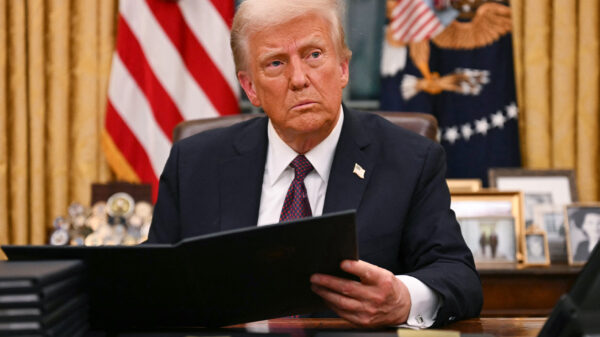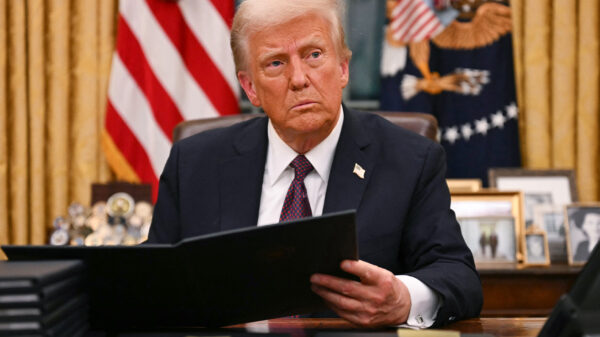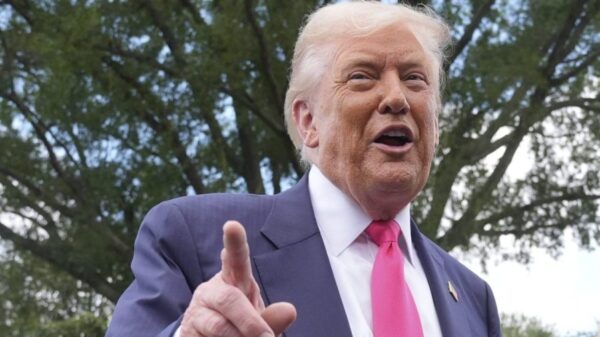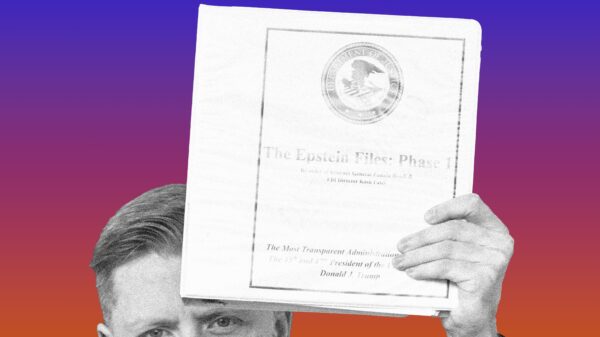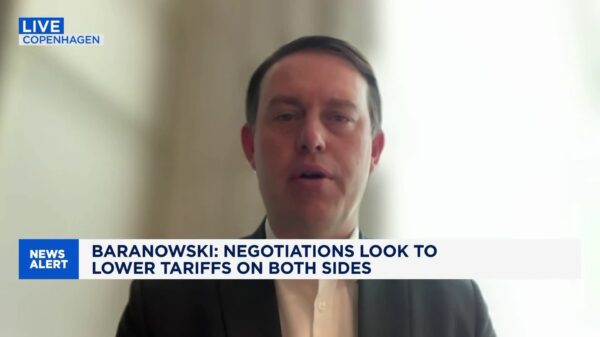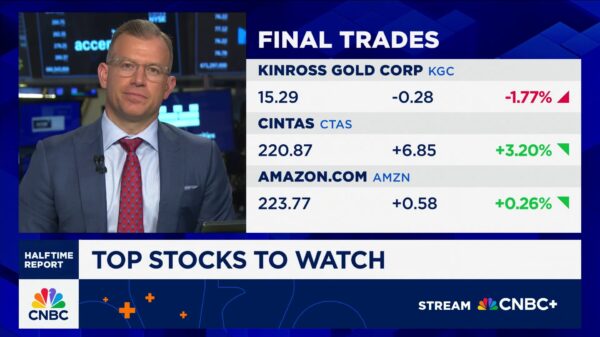CBS has announced the cancellation of “The Late Show With Stephen Colbert,” a decision driven by financial factors rather than political considerations. The show, which has been a staple of late-night television since 2015, will conclude in May 2026. This marks the end of an era initiated by David Letterman in 1993, leaving many to question the evolving landscape of television and its impact on programming.
According to CBS, the cancellation is strictly a financial decision. In a statement, the network emphasized that the move was “not related in any way to the show’s performance, content or other matters happening at Paramount.” This announcement comes shortly after Colbert publicly criticized Paramount Global for settling with former President Donald Trump regarding a controversial “60 Minutes” story, leading some to speculate about the motivations behind the cancellation.
The decision reflects broader challenges facing traditional television networks. Viewership has significantly declined as audiences shift towards streaming platforms, making it increasingly difficult for networks to monetize late-night programming. Colbert’s show, known for its sharp political commentary and engagement with contemporary issues, has faced a changing audience landscape, particularly among younger viewers who now prefer on-demand content.
Colbert’s peers in late-night television have expressed solidarity following the cancellation news. Jimmy Fallon stated he was “just as shocked as everyone,” while Seth Meyers described Colbert as not only a great host and comedian, but an even better person. Jimmy Kimmel directed a pointed comment at CBS, showcasing the camaraderie and mutual respect among late-night hosts during this transition.
The cancellation has sparked discussions about the future of late-night television. The genre was once a lucrative space for advertisers, attracting a hard-to-reach demographic of young men. As this audience increasingly turns to streaming services or seeks online highlights, networks face hard choices regarding programming and investment.
As Colbert prepares to conclude his tenure, his influence on the late-night format and political satire remains significant. The show has been a platform for critical discourse, particularly regarding the Trump administration, making its closure a noteworthy shift in the late-night landscape.
In related entertainment news, CBS’s cancellation of Colbert’s show comes amidst a backdrop of major events in the industry. The Tomorrowland music festival in Belgium has successfully launched despite a recent fire that damaged its main stage. The festival continues to attract hundreds of thousands, emphasizing the resilience of live events in the face of challenges.
Additionally, the entertainment world mourns the loss of Oscar-winning lyricist Alan Bergman, who passed away at the age of 99. Bergman, along with his wife, crafted timeless songs that have resonated across generations, underscoring the enduring impact of creative talents even as the industry undergoes significant changes.
As the television landscape continues to evolve, the cancellation of “The Late Show With Stephen Colbert” serves as a reminder of the pressing economic realities facing traditional media. The industry must adapt to the preferences of modern audiences while navigating the complexities of political discourse and entertainment.








